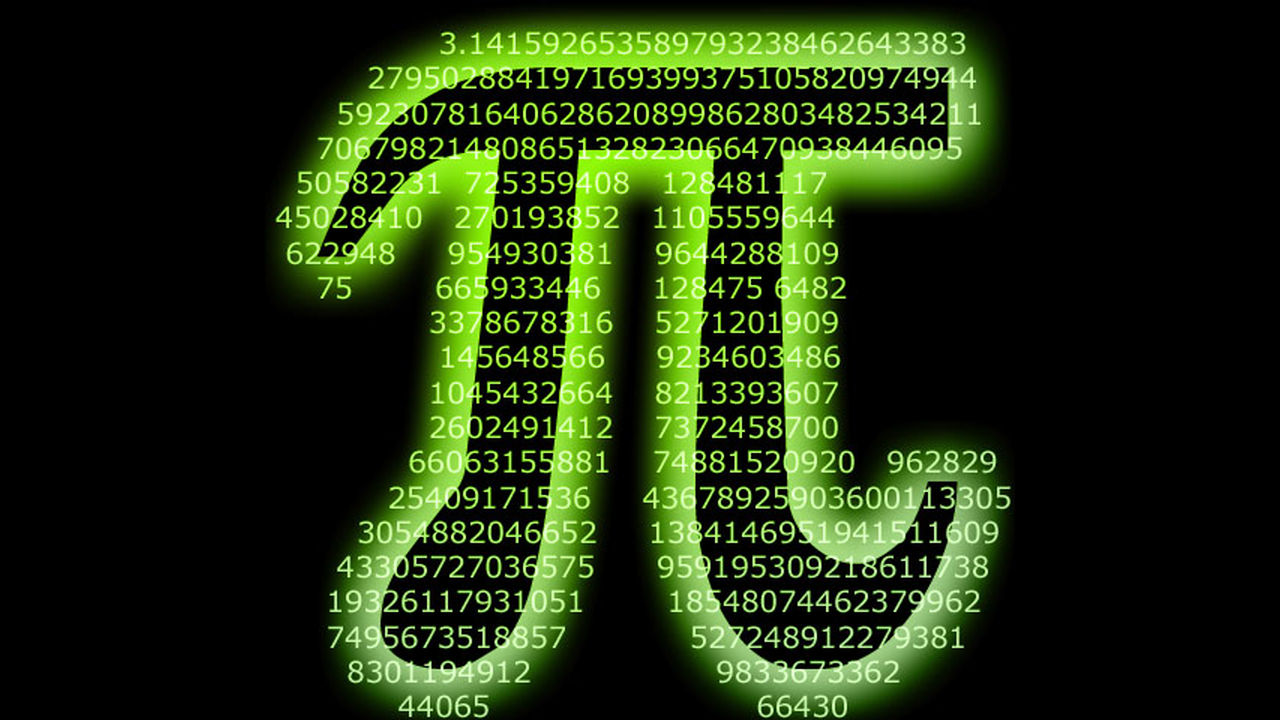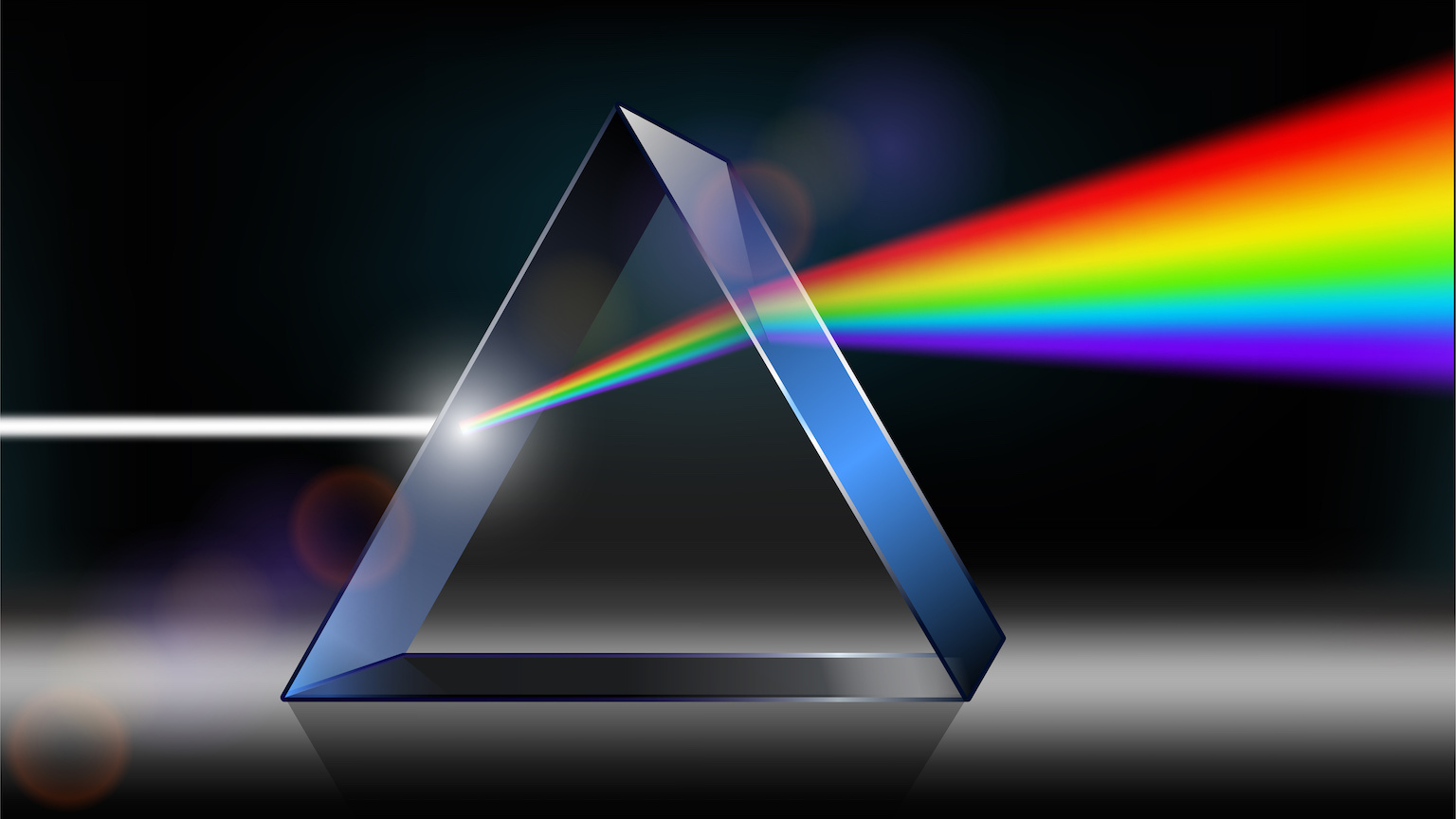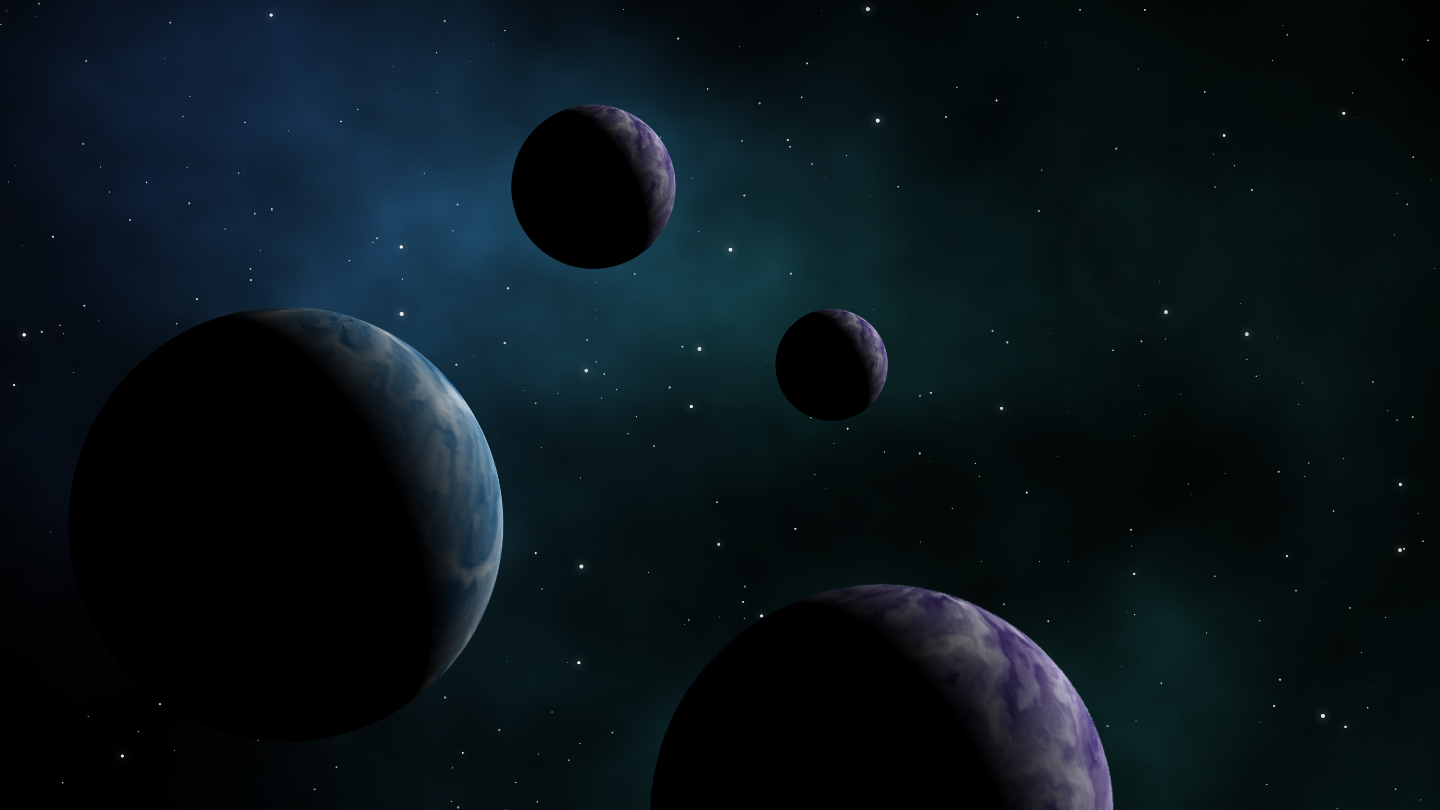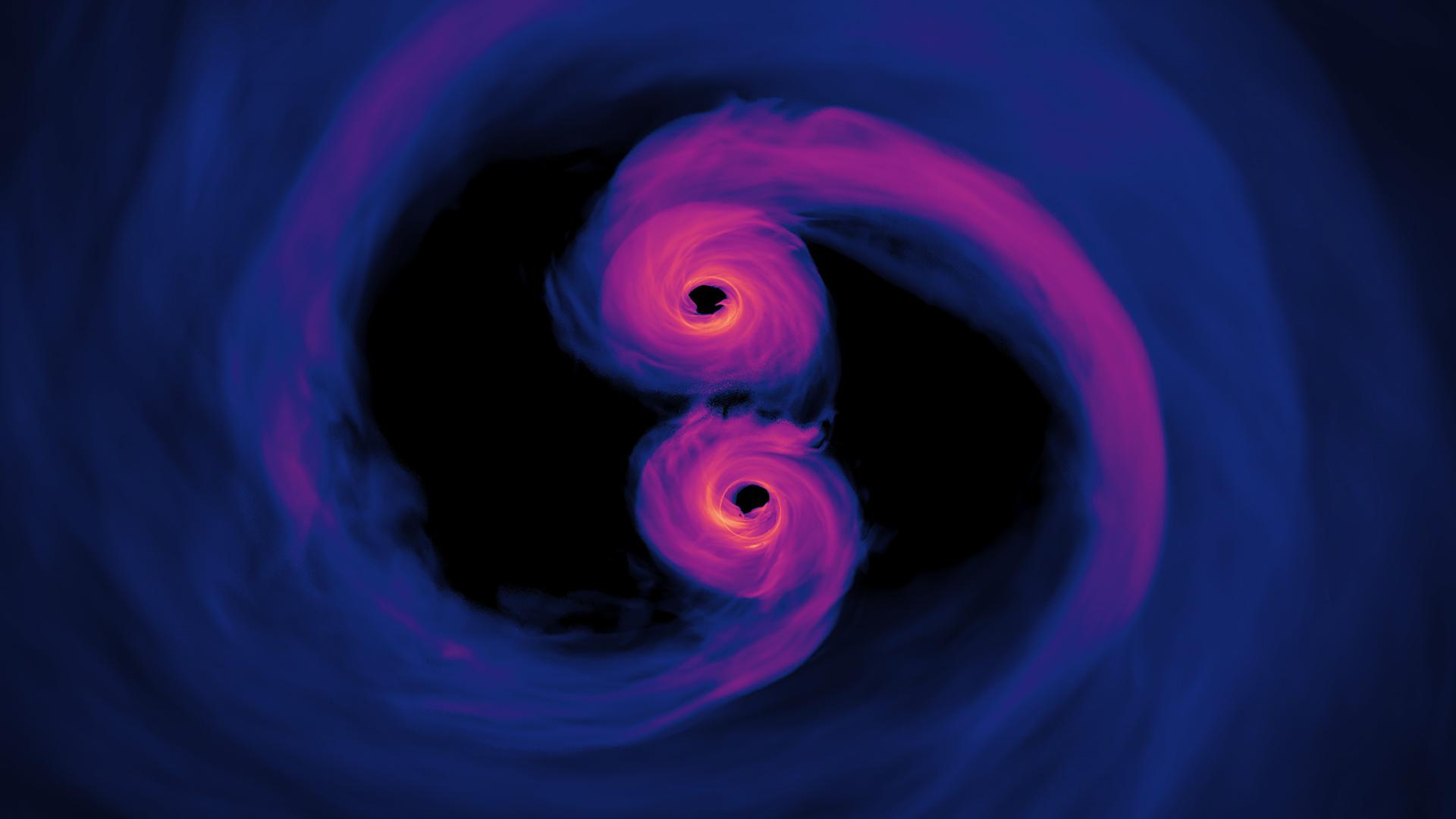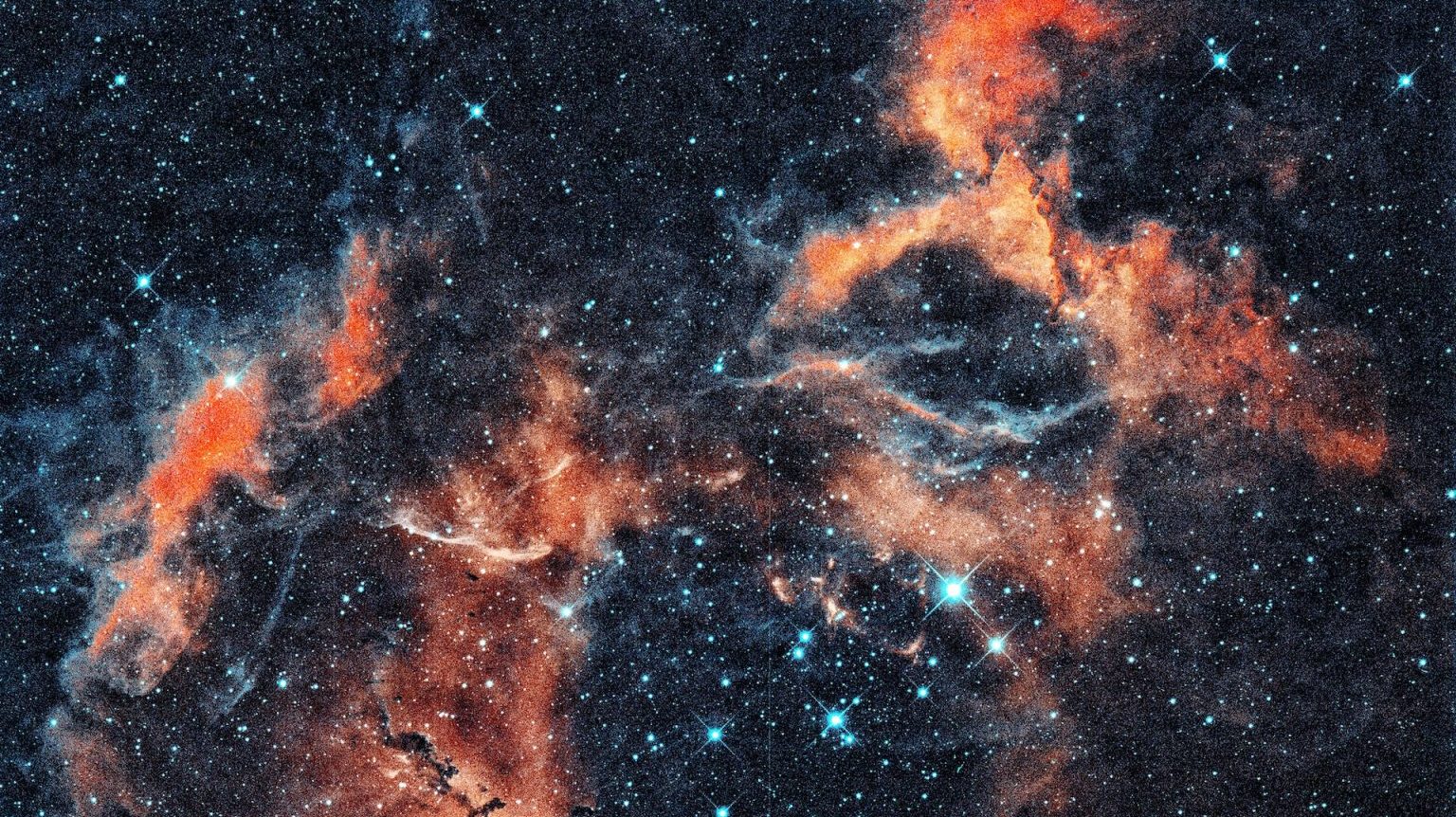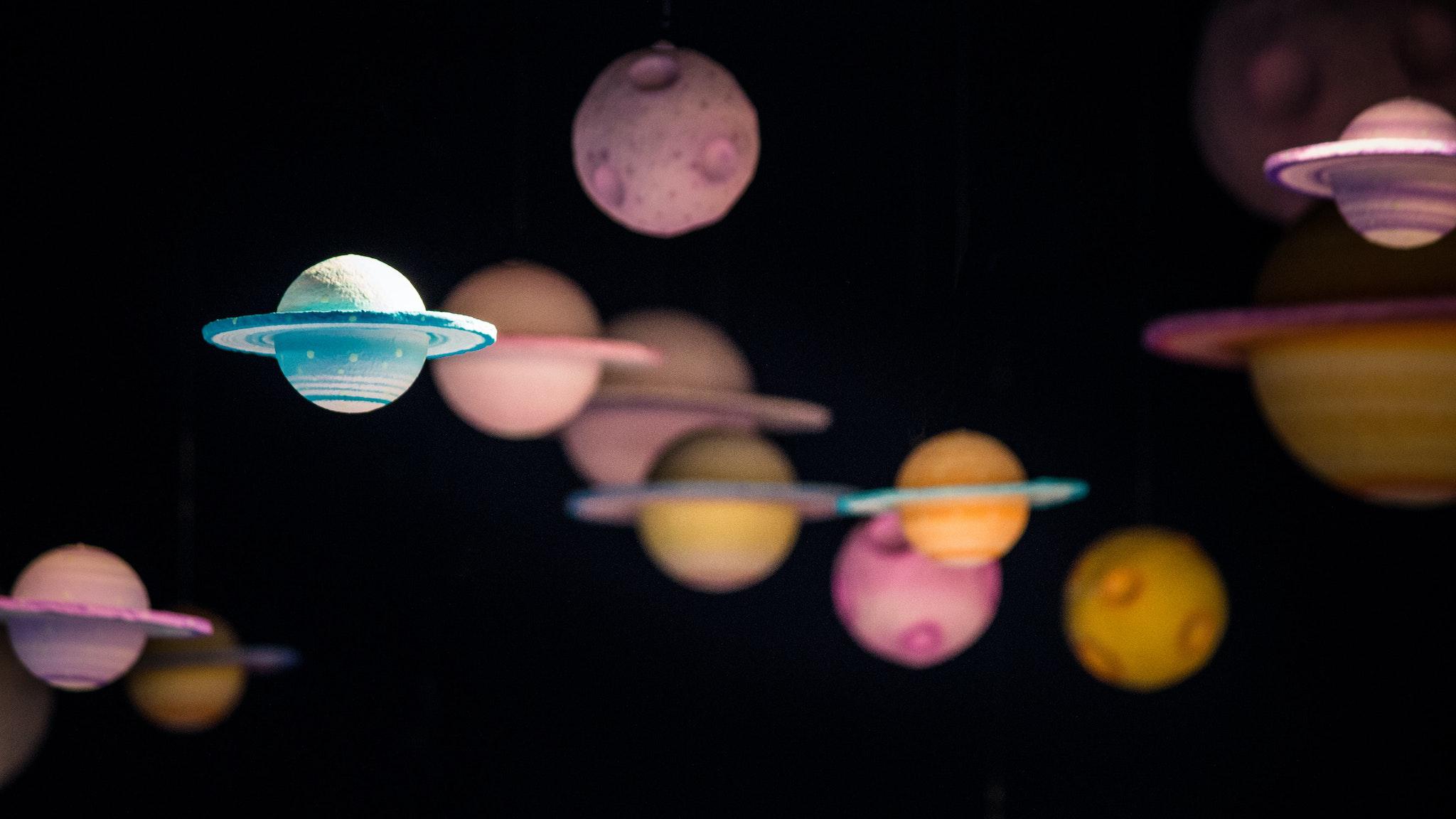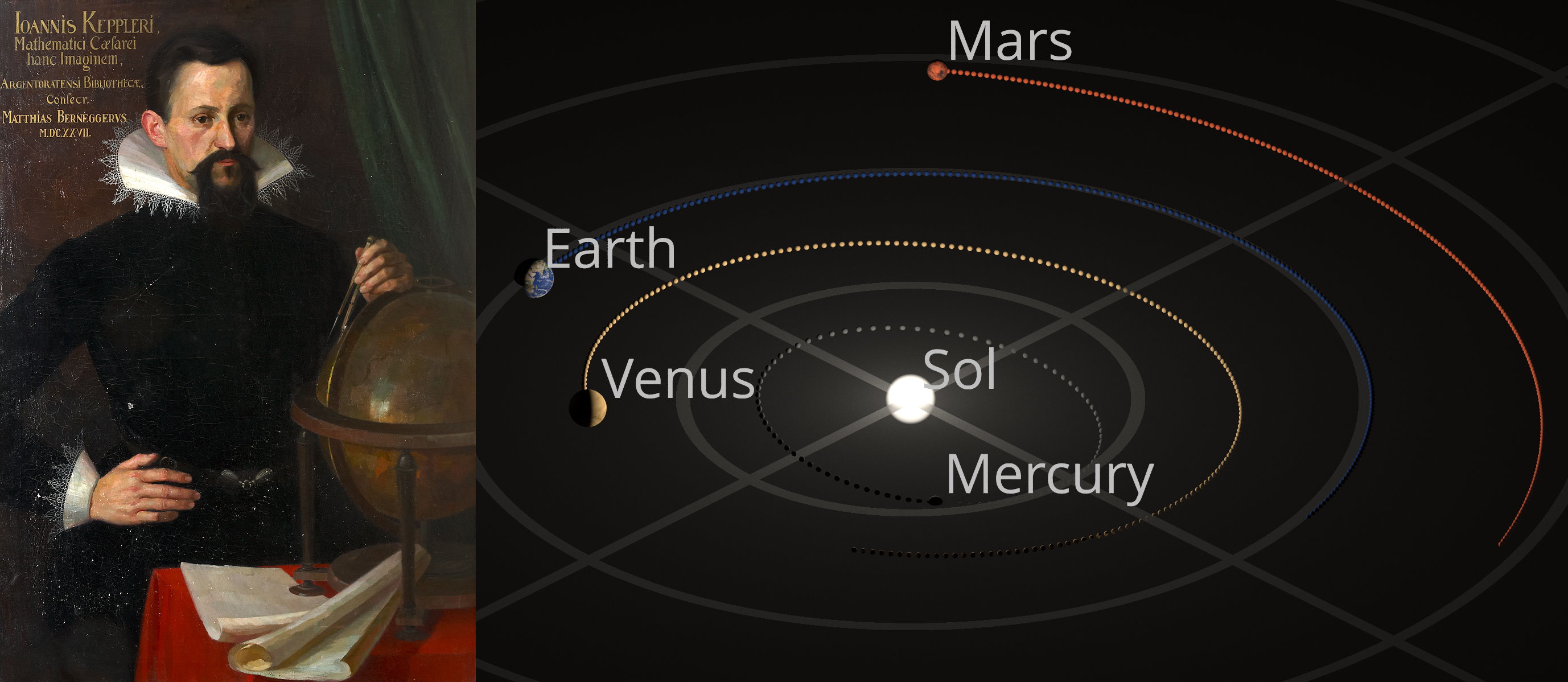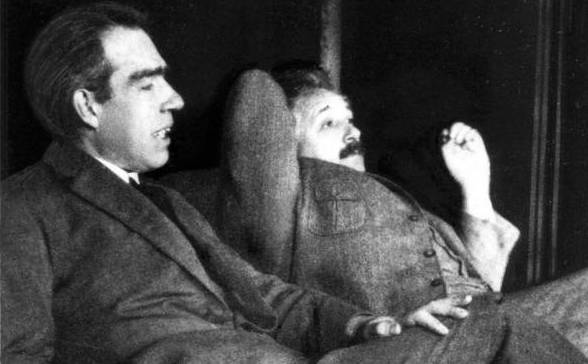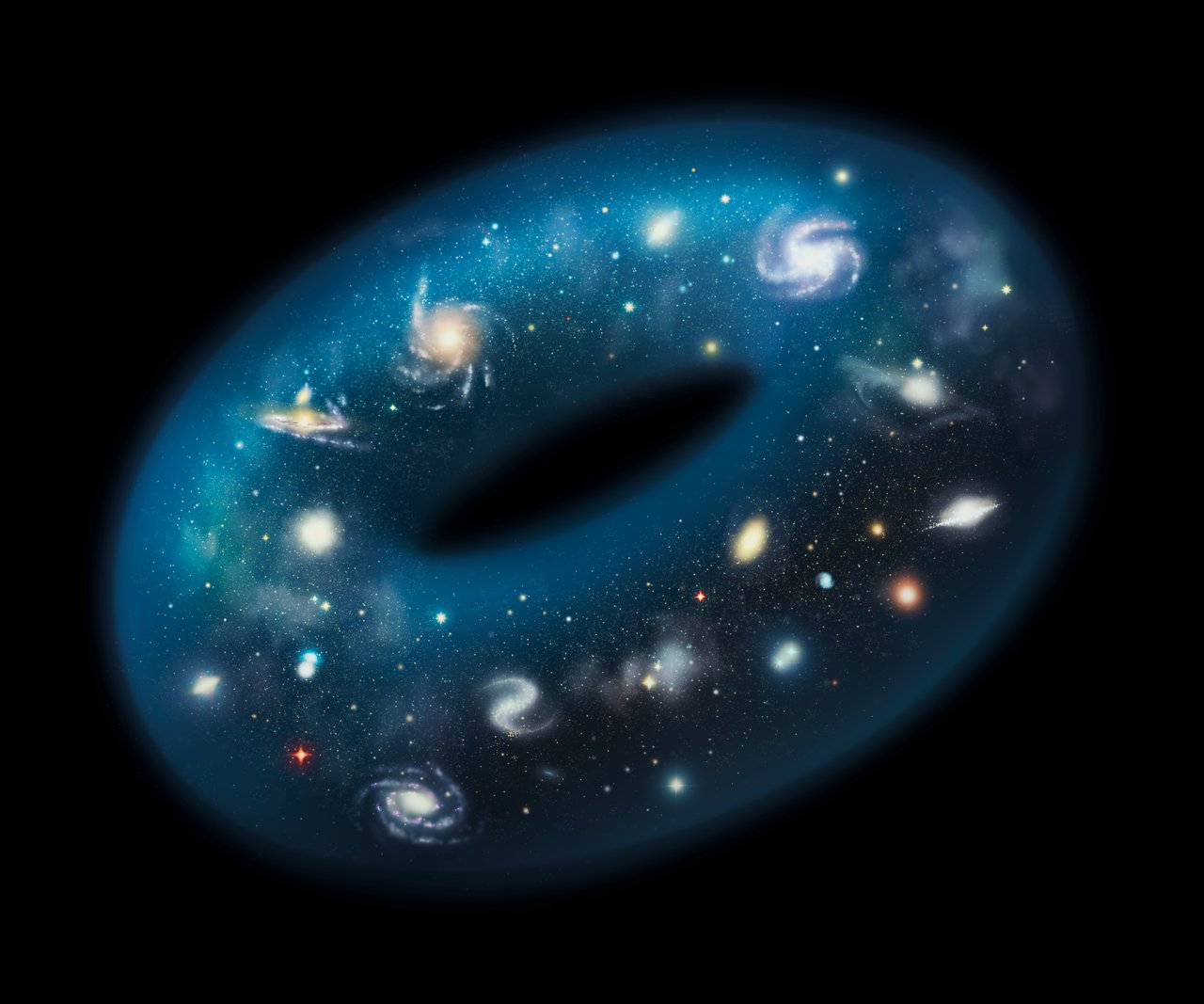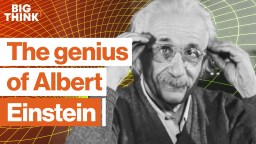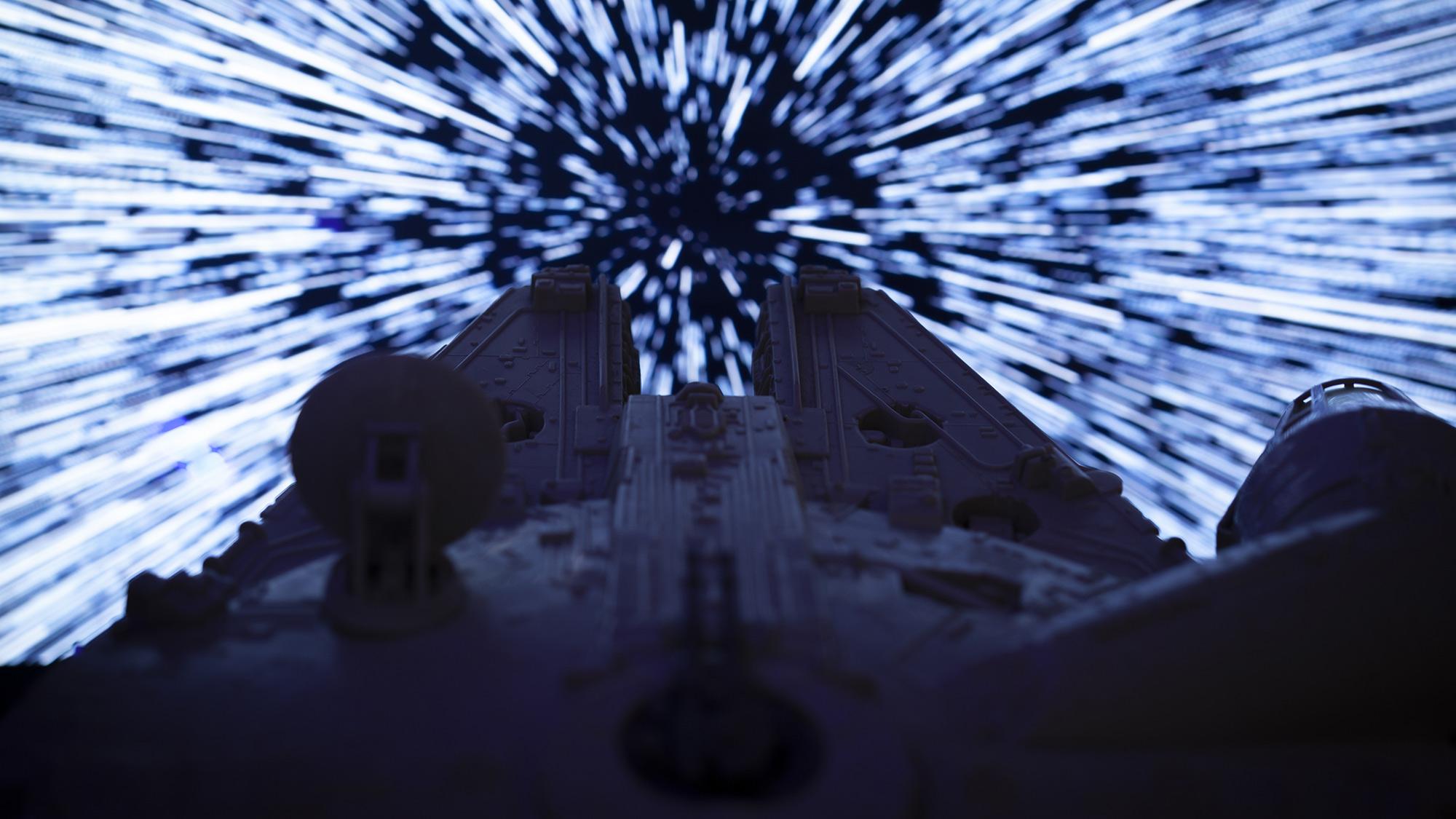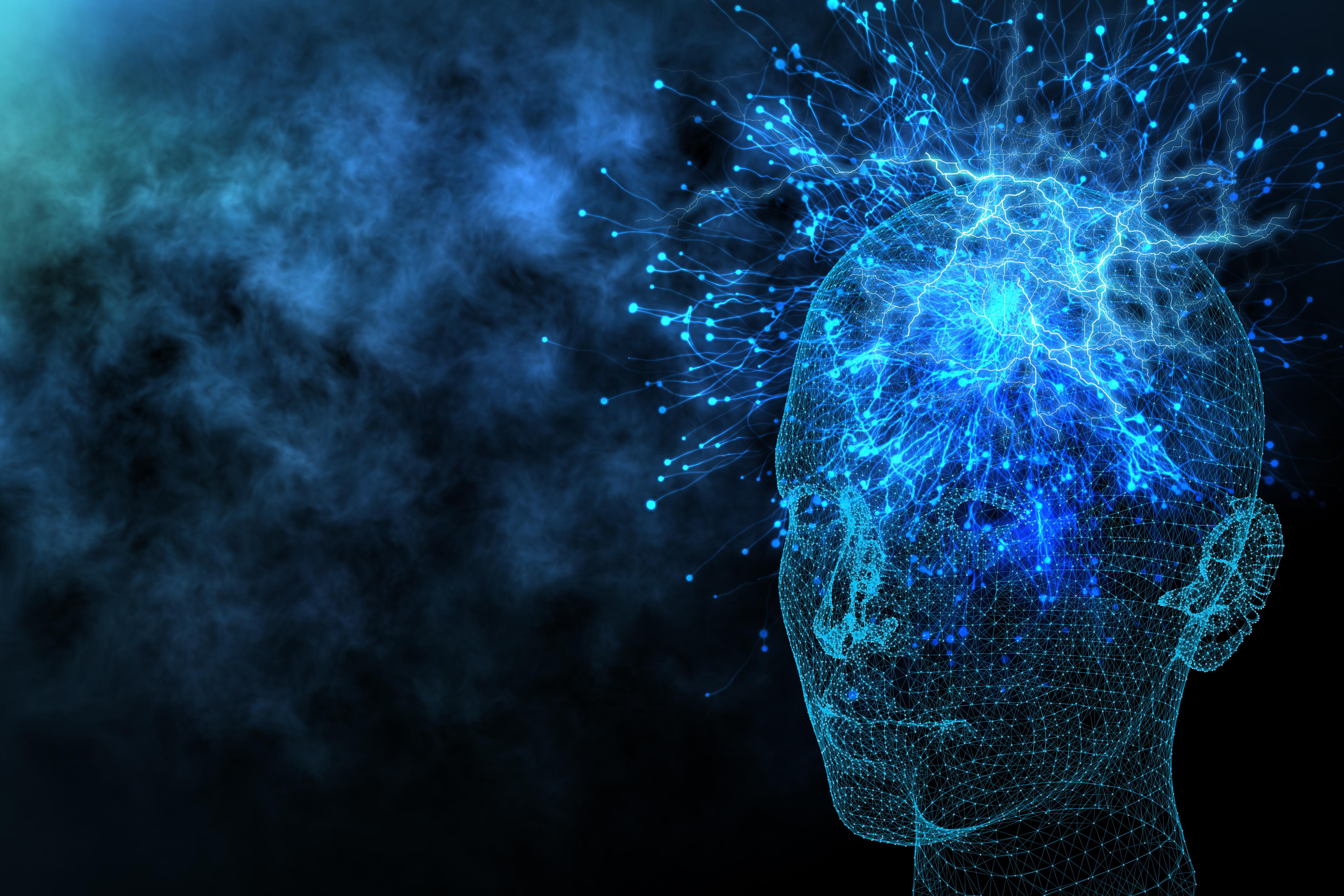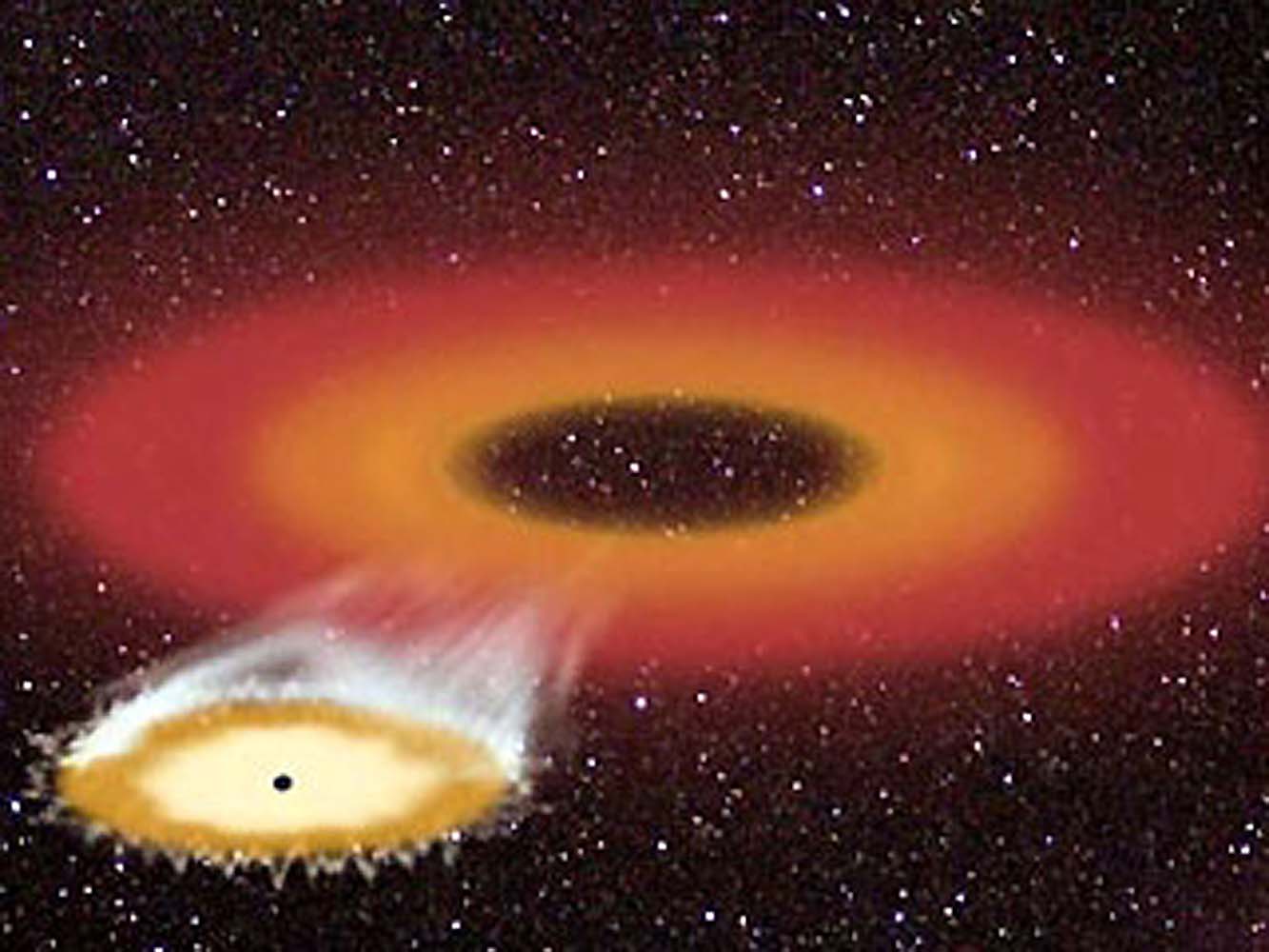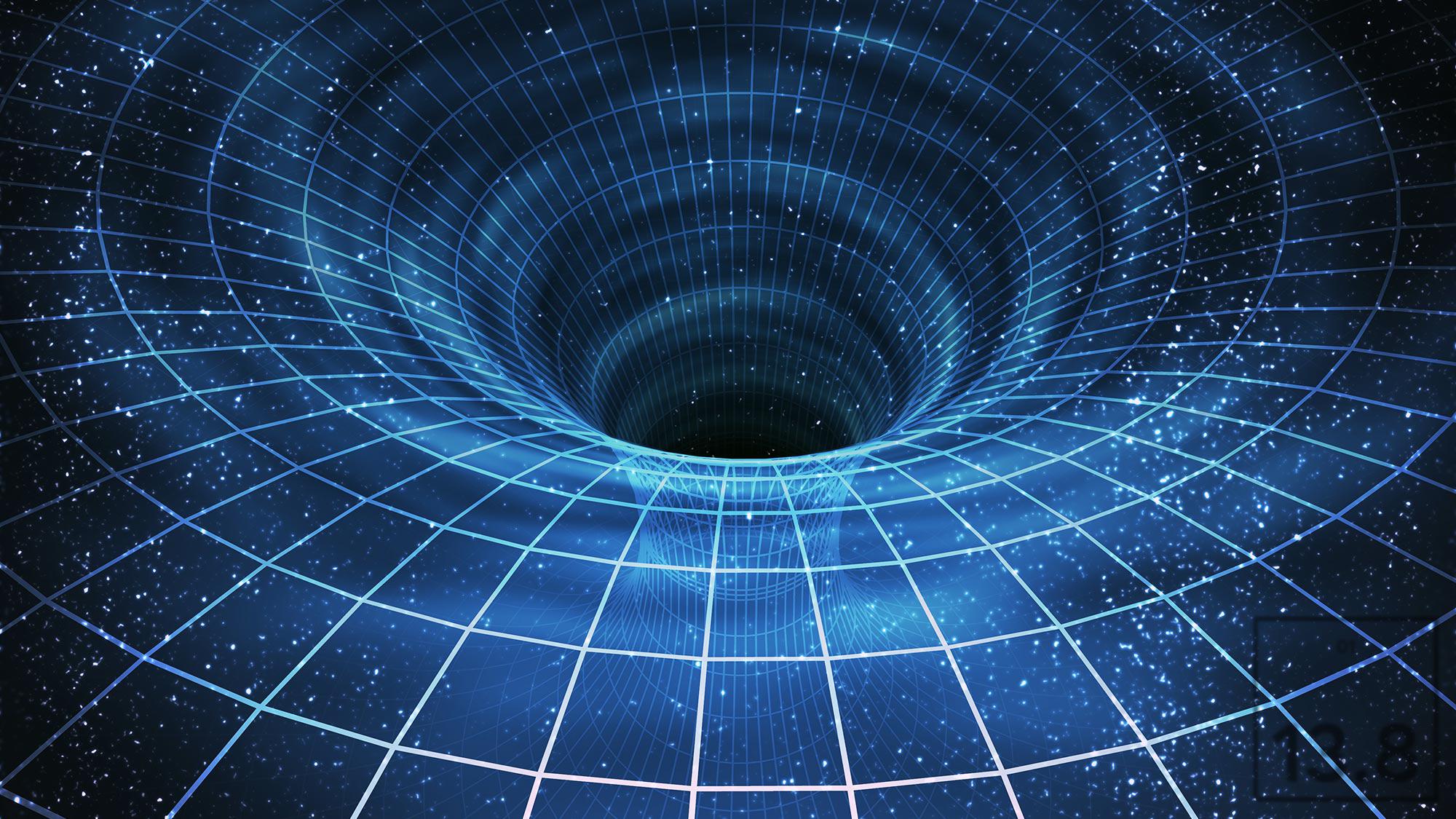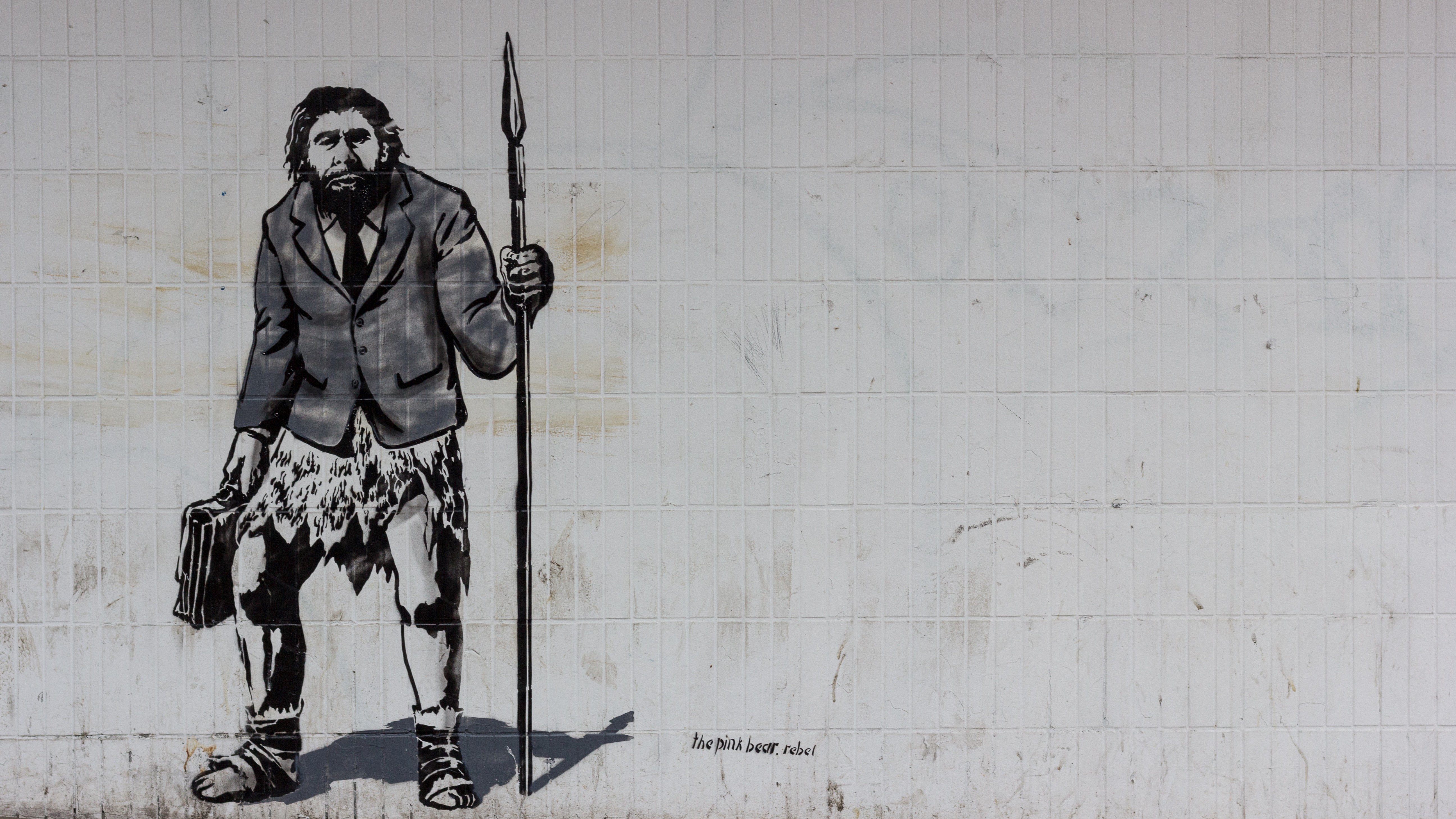Only recently have scientists directly witnessed this most pivotal of events in biology.
Search Results
You searched for: albert einstein
It’s the best-known transcendental number of all-time, and March 14 (3/14 in many countries) is the perfect time to celebrate Pi (π) Day!
The ten greatest ideas in science form the bedrock of modern biology, chemistry, and physics. Everyone should be familiar with them.
We seem to have a “progression bias” that nudges us toward pro-relationship decisions and away from breaking up.
Tiny fluctuations in old Kepler data reveals four runaway planets that are reminiscent of Earth.
An analysis of the gravitational wave data from black hole mergers show that the event horizon area, and entropy, always increases.
Measurements of the acceleration of the universe don’t agree, stumping physicists working to understand the cosmic past and future. A new proposal seeks to better align these estimates — and is likely testable.
Why I was prepared to hate The Structure of Scientific Revolutions but ended up loving it.
A black woman most have never heard of made GPS possible. Over the span of a single lifetime, the world has changed in ways that would have been virtually unimaginable […]
When people pick the greatest scientist of all-time, Newton and Einstein always come up. Perhaps they should name Johannes Kepler, instead.
Even without the greatest individual scientist of all, every one of his great scientific advances would still have occurred. Eventually.
In theory, the fabric of space could have been curved in any way imaginable. So why is the Universe flat when we measure it?
What was so great about Einstein anyway? A group of experts weigh in.
▸
11 min
—
with
How Nobel Prize winner physicist Lev Landau ranked the best physics minds of his generation.
Recent high-profile instances of fraud in psychology have led some to wonder if there’s anything useful about the field at all.
Researchers devise a record-breaking laser transmission that avoids atmospheric interference.
Is the physical universe independent from us, or is it created by our minds, as suggested by scientist Robert Lanza?
Two new studies examine ways we could engineer human wormhole travel.
At four million solar masses, the Milky Way’s supermassive black hole is quite small for a galaxy its size. Did we lose the original?
Instead of insisting that we remain “free from” government control, we should view taking vaccines and wearing masks as a “freedom to” be a moral citizen who protects the lives of others.
Modern science progresses with an intensity and even irrationality that Aristotle could not fathom.
The Field Medal was created to elevate promising mathematicians from underrepresented demographics. But has it followed through on that goal?
Physicists create quantum entanglement, making two distant objects behave as one.
How long should one wait until an idea like string theory, seductive as it may be, is deemed unrealistic?
Sir Roger Penrose claims our Universe has been through multiple Big Bangs, with more coming — a claim that is not widely accepted within the cosmology community.
Why do we deprive students of the historical and cultural context of science?
Controversial physics theory says reality around us behaves like a computer neural network.
It’s all well and good to discuss how our humanity evolved – but what even is humanity?

